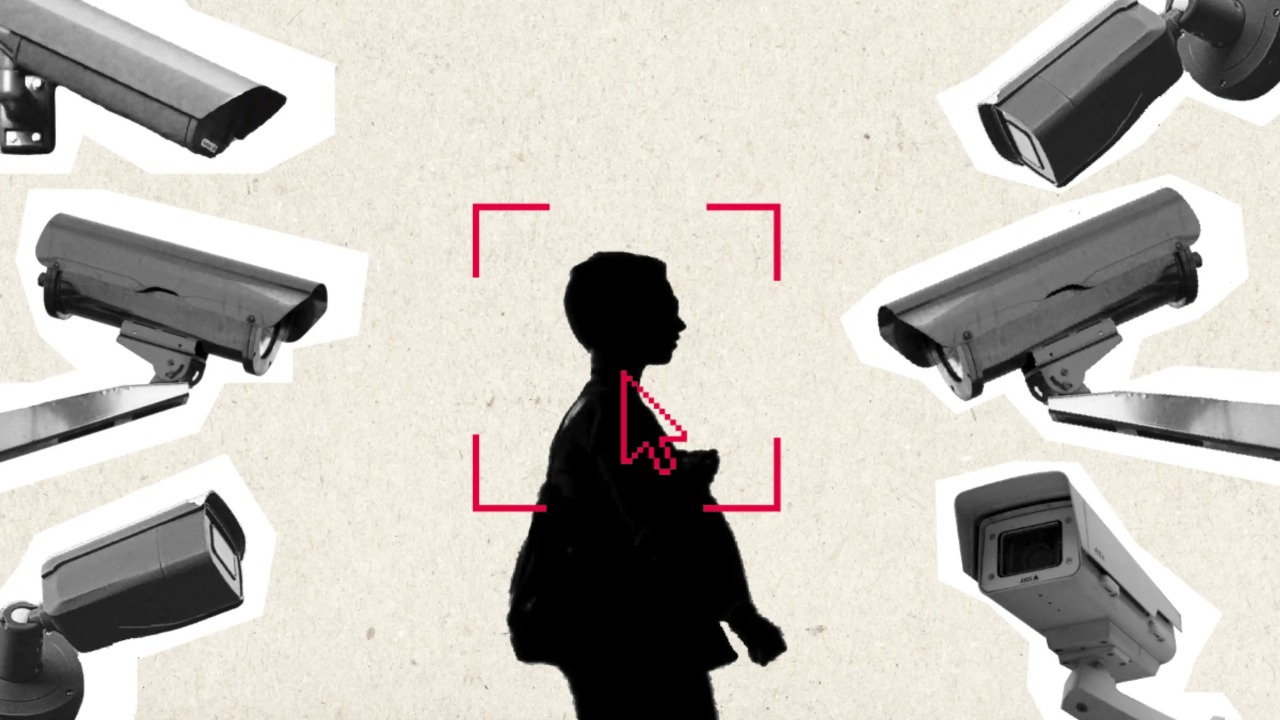
Follow WOWNEWS 24x7 on:
Updated: June 28, 2025 17:13

As digital footprints grow and geopolitical tensions rise, India’s surveillance framework is once again under scrutiny. A recent wave of arrests under espionage charges and renewed global criticism of India’s intelligence practices have reignited debate over the country’s legal architecture for surveillance. From the colonial-era Official Secrets Act to opaque intelligence operations, experts are questioning whether India’s laws are keeping pace with democratic accountability and digital rights.
Here’s a comprehensive look at the laws that empower surveillance—and the growing calls for reform.
Key Developments Triggering the Debate
- Eleven individuals, including a popular travel blogger, were arrested in May 2025 for allegedly spying for Pakistan
- Charges were filed under the Official Secrets Act and the Bharatiya Nyaya Sanhita, India’s new criminal code
- The US Commission on International Religious Freedom (USCIRF) recommended sanctions against India’s external spy agency RAW over alleged overseas assassination plots
- India rejected the report as biased and politically motivated, defending its commitment to national security and religious freedom
What Is the Official Secrets Act?
- Enacted in 1923, the law criminalizes the sharing of sensitive government information
- It applies to all citizens and government employees, covering codes, passwords, maps, and classified documents
- Violations can lead to imprisonment ranging from three years to life, depending on the severity
- Critics argue the law lacks safeguards for whistleblowers and is often used to suppress investigative journalism
The Bharatiya Nyaya Sanhita and New Surveillance Powers
- Replacing the Indian Penal Code in 2024, the Bharatiya Nyaya Sanhita includes provisions that expand the scope of national security offences
- Section 152 criminalizes unauthorized communication of sensitive information, even if not classified
- The law has been invoked in recent espionage cases, raising concerns about its potential misuse against dissenters or journalists
RAW and the Global Spotlight
- India’s Research and Analysis Wing (RAW) has faced international scrutiny following allegations of involvement in plots against Sikh separatists abroad
- The USCIRF’s 2025 report accused the agency of operating without sufficient oversight, calling for targeted sanctions
- India’s Ministry of External Affairs dismissed the claims, stating they were based on isolated incidents and lacked context
Why Experts Are Concerned
- India lacks a comprehensive data protection law or a dedicated legal framework to regulate intelligence agencies
- Surveillance orders are often issued under executive authority, with limited judicial review
- Civil liberties advocates warn that the current system enables mass surveillance without transparency or accountability
- The absence of parliamentary oversight over agencies like RAW and IB contrasts with practices in many democracies
What Reform Could Look Like
- Introduction of a privacy law with clear definitions of surveillance, consent, and redress mechanisms
- Establishment of an independent oversight body to audit intelligence operations
- Legal protections for whistleblowers and journalists reporting on national security issues
- Sunset clauses and periodic review of surveillance authorizations
As India navigates the balance between national security and civil liberties, the question remains: who watches the watchers? With technology evolving faster than legislation, the need for a modern, rights-respecting surveillance framework has never been more urgent.
Sources: India Today, The Independent, Business Standard, USCIRF Report 2025, Ministry of External Affairs India, MSN India, Tribune India, PTI

